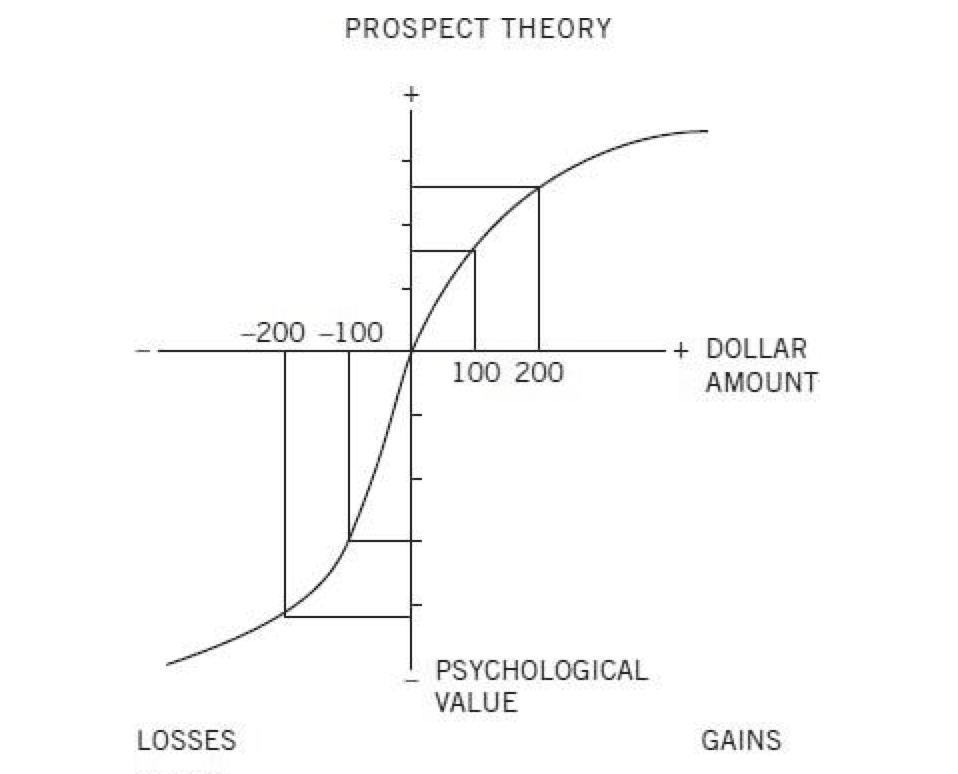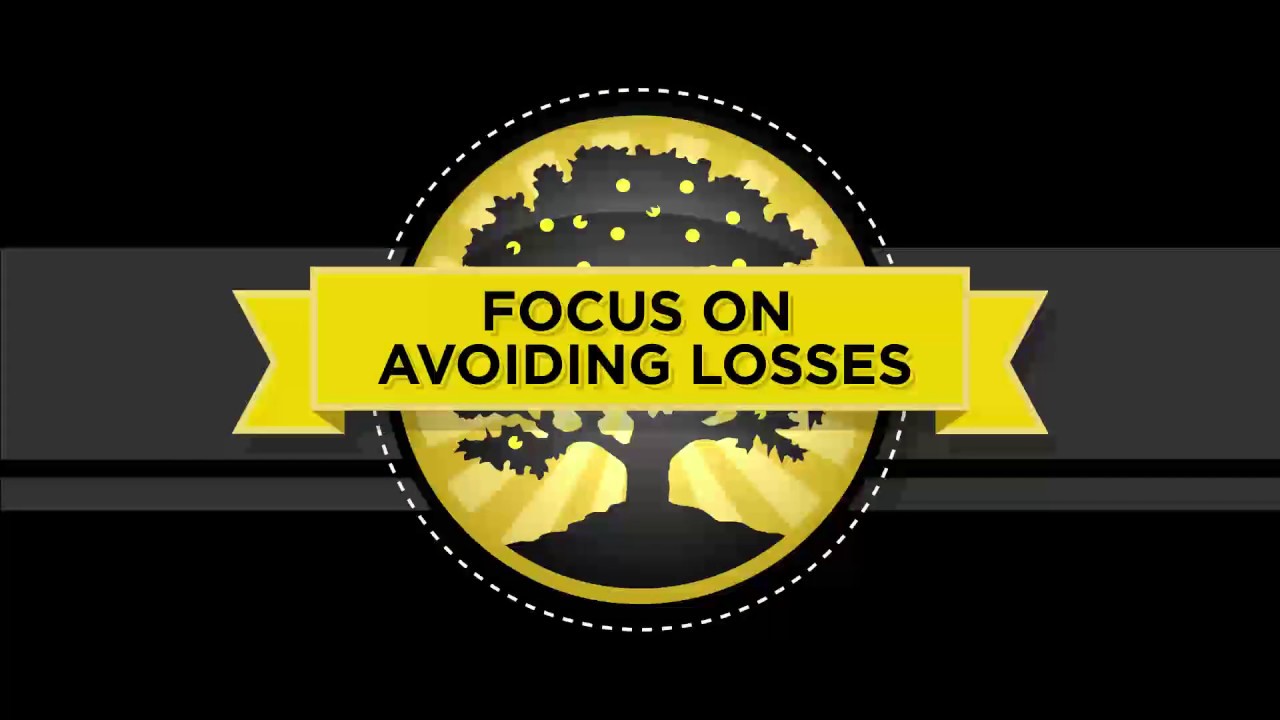Okay, I'm going to pick apart what he says.
Some of the things he said include:
Let's raise rates? Quite possibly I agree. More than that, dump the Fed owned stocks. Dump the market manipulation for the benefit of the big players. Better than that, get rid of the fed entirely. Don't do anything to set rates.
Just, nationalize all those big banks first, and distribute their falsified winnings back to the people. JP Morgan, Goldman Sachs, Bank of America have got to go.
I disagree with the infrastructure argument. When the government does infrastructure, it leads development at best; at worst, the infrastructure ends up a waste.
There IS no right, when people are not able to decide for themselves what they need. There is one thing that a command economy (which a finance economy necessarily is) is good for, and that is war – with which we have gifted the world for two hundred years.
So when he says "the interest of your country should be put before the interest of your industry"… he is saying it is time to go to war. Tighten your belt, so that we can conquer the next neighbors.
"Unemployment is at 4%". That is incorrect. New unemployment that the government chooses to track stands at 4%. Check mishtalk.com; actual unemployment of people who would want a job if they had a chance at getting one is at over 40%; underemployment is much higher than that.
In addition, of the new hiring that has been done, the vast majority, two years ago, was illegal aliens and H1B slave workers who were trained by US upcoming-layoffs to replace their US counterparts.
More than that, the bailout gutted mainstream America. The entire cost for that is being borne by those who work wage jobs – that is why the median US savings account / retirement account / invstment account is less than $3000 per family.
More than that, US people by and large – if they work for a living – do not own their own homes.
More than that, the recent unemployment has been replaced by part time employment, with an extra 20% tax in the name of Obamacare.
"When we look at the economy… fifteen million working, wages up"… Yes, but takehome pay is way down.
"America has the best hand ever dealt to any country ever." No. What he is describing, also matches Spain before the Spanish Armada. It matches Rome before the Vandals sacked the entire republic. It matches England in the years that they said "The sun never sets on the British Empire".
All the fundamentals are wrong; the assets are all going to the look and feel, and where they aren't going to the look and feel, they are going to try to destroy competitors in war.
Don't think that isn't going to bite us – it has EVERY SINGLE TIME. Our problems with illegal immegrants come out of the refugee influx from central America. That comes out of the wars and drug gangs, which were SET UP IN THE FIRST PLACE for the benefit of Chiquita Bananas (ever hear the term 'banana republic') and other companies, by the CIA- Georgia-based School for the Americas.
The Al Qaiada/Taliban/ISIS/Arab Sprign attacks, if not directly run by the US security establishment, were at least in response to our attacks in the Middle East and Afghanistan.
"We have peaceful wonderful neighbors in Canada and Mexico". Does he refer to all the beheadings in Veracruz? Or the MS13 gang killings in New York City and Washington DC? How about the "We have all the food, water, and energy we will ever need". No. As American workers' wages are taken to fund Obamacare, we / they are going homeless in increasing rates. The spike in suicides is not for nothing.
"We have the best universities on the planet". Again, no. I watched the decline of the University system in the 1990s. The universities have lost their mandate, and instead more and more function as playgrounds. Hand in hand with that, university degrees don't pay off. I got a dual Aerospace and Ocean engineering degree; I now use what I learned in civil, in bridge building.
However, I married late (25 years old), and had children later (first one at 28, second at 35), and my oldest is now 18. I don't have enough money to send him to college; I have $8k malinvested in palladium (it wouldn't be, if it weren't for central bank meddling to the benefit of these megabanks); I own my own trailer home, but rent the lot. When I signed on, rent was $175; but then it went up 15% seven years running.
I have a 1/16 acre garden which I am training my son to work, because I am not going to waste the money on a university degree, when degrees don't pay, because the wealthy don't pay, and the government loots the workers.
So if the university is a waste then I have to disagree with his statement that we have the best in the world.
"We have the rule of law, which is exceptional" HAAAH! I have to crow at that one. You'll probably know about all the exceptions made for Hillary clinton. All the exceptions made for the bankers (who should be in prison). But that's been happening since the 1990s, too. In my hometown of HArrisonburg, the head of the better business bureau, a business professor at James Madison University, had been using his grad students, as well as women from a battered women's shelter for prostitutes. The husband of one of the girls killed him. In his defense, he called what was probably one of her clients to the witness stand… the president of JMU. He said, "I'm a public figure, so I don't have to testify." The judge, a local who may have also been compromised, agreed… without ANY basis in law.
"We have a magnificent work ethic…" we have two kinds of slavery: wage slavery (I'm one) and welfare slavery, and the purpose is to destroy the wealth of the poor, so they cannot challenge the dominance of the powerful. That is what he is referring to as work ethic: the slavery of the working poor. Do you want to bet whether he himself has a work ethic?
I have been to Europe. I lived in Lithuania, and THEY HAVE IT BETTER. At least, they did in 2000, before the US and germany began their looting… Their universities are better; their work ethic is better; they don't have the welfare slavery. They do have some of the wage slavery. They own their own homes for the most part; they work their own gardens.
I've only gotten through 15 minutes of the 45. Do I need to go on? For the 1%, things are okay. For the top 0.1% who receive all the loot, things have, as he says, never been better. 99 out of 100 will say that they guy is blathering nonsense, and the host isn't going to have the sense to recognize that fact.
Could interest you, in turn, in watching a 5-minute video involving a talk show with as much sense?
https://www.youtube.com/watch?v=Fp8hhBGNFZM

